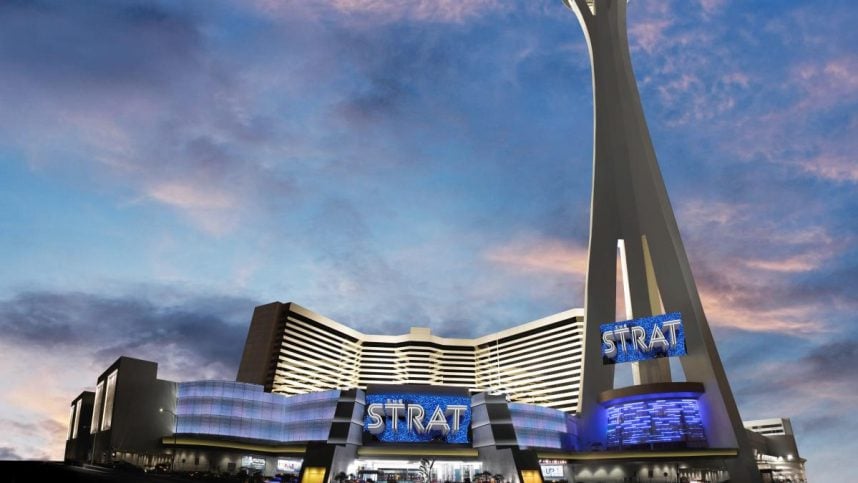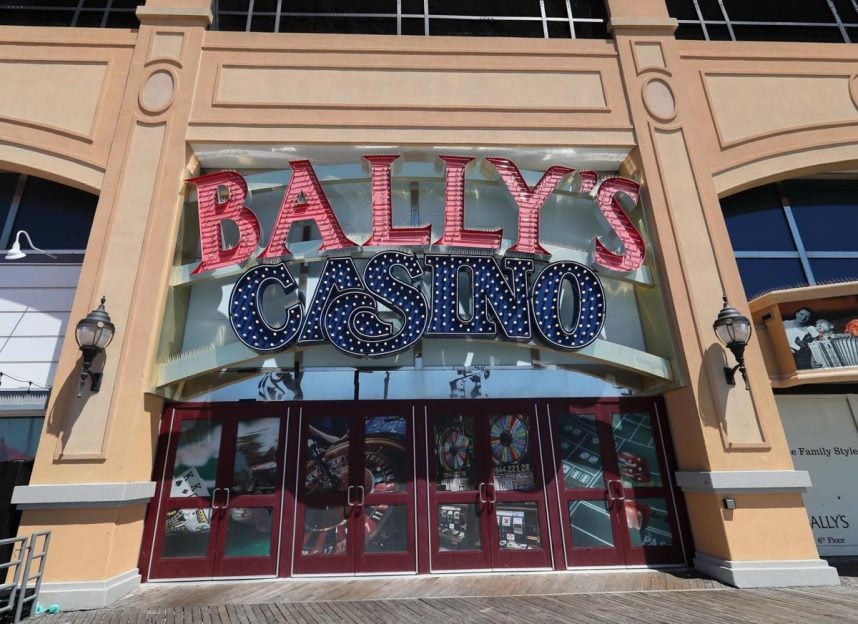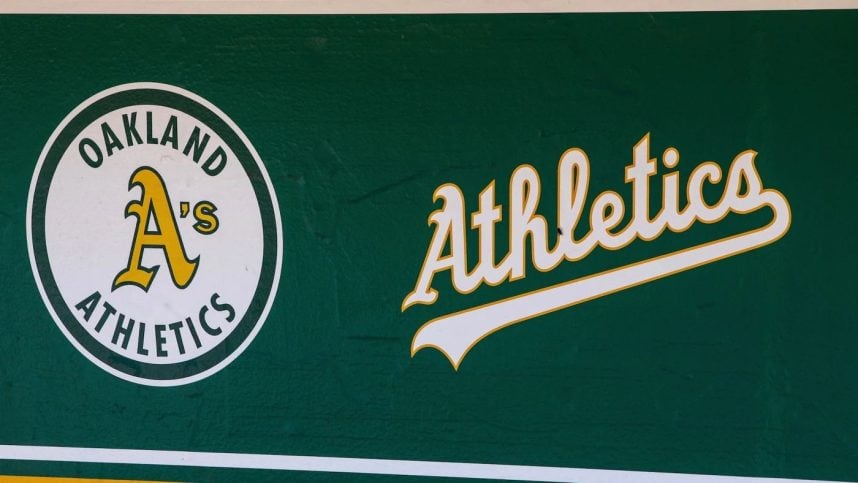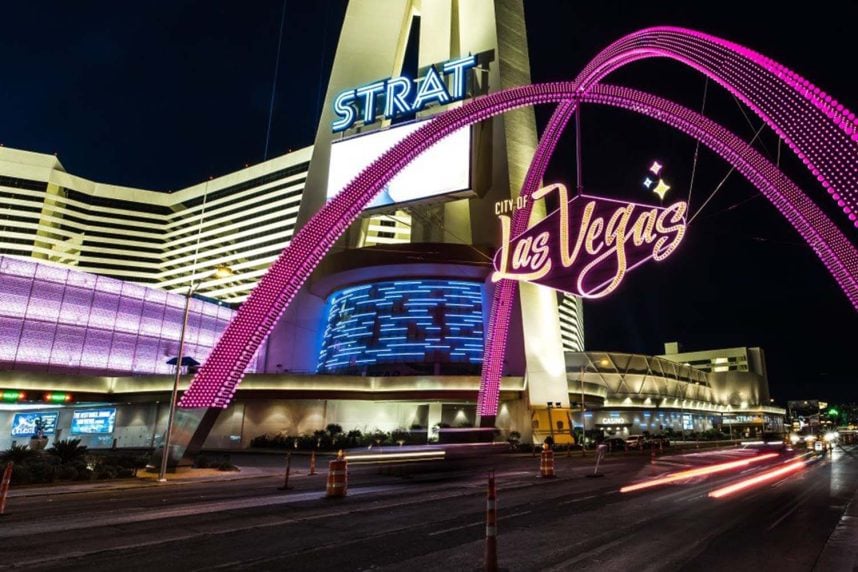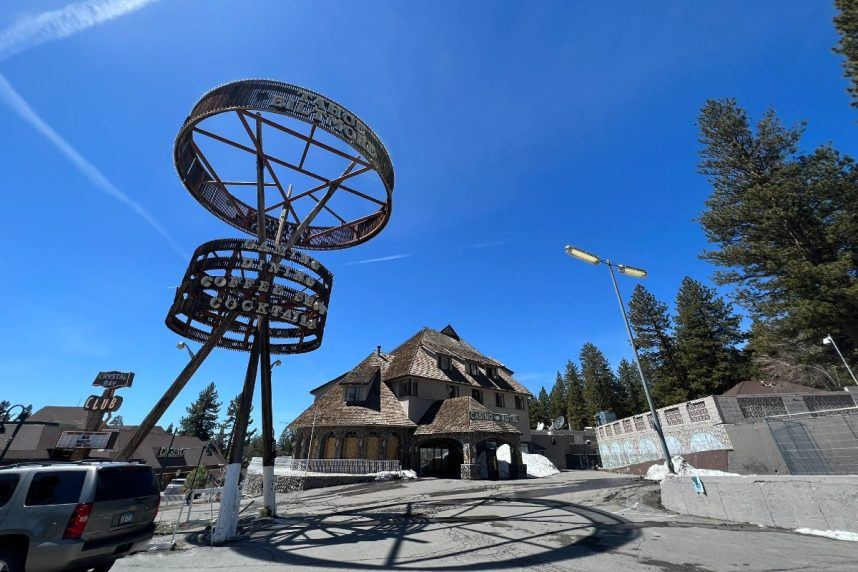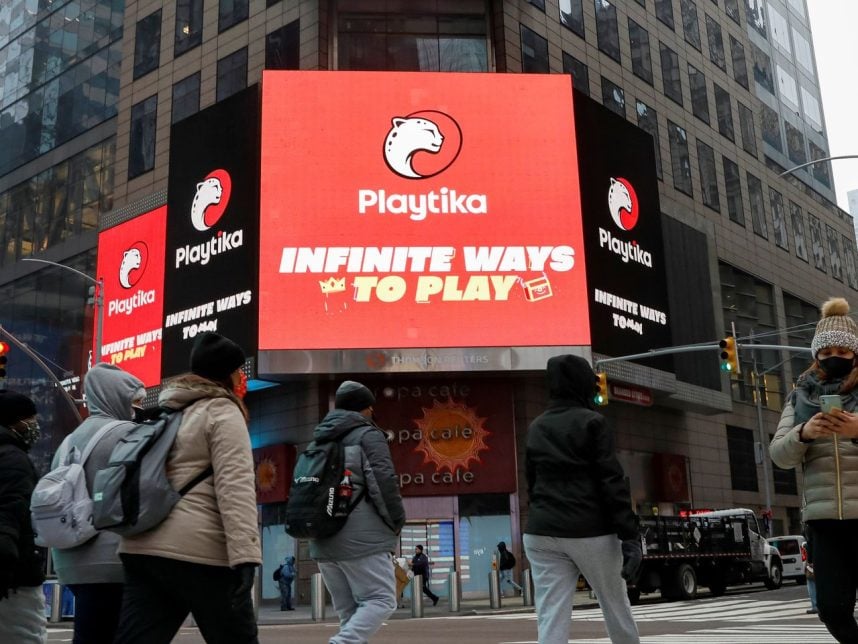Jason Ader, the founder of a blank-check company that attempted to bring the Okada Manila casino resort public, is gallivanting around the world while facing litigation, including from his mother, as clients of his hedge fund demand their cash be returned to them.

The CEO of Spring Owl Asset Management recently penned a letter to clients in which he detailed a turbulent period for the investment vehicle, noting the fund is attempting to liquidate its assets. In the letter, a copy of which was obtained by The New York Post, Ader mentioned 26 Capital Acquisition Corp. — the special purpose acquisition company (SPAC) that had a deal with Okada Manila — as well as GameCo, for creating issues with Spring Owl’s capital return efforts. GameCo produces gaming devices that combine elements of luck and skill. Ader was denied a Nevada gaming license in relation to that firm.
Both investments were structured as loans, and the circumstances surrounding each have contributed to the complexity of the wind-down,” wrote Ader in the client letter. “We anticipate that write-downs are likely.”
That implies the value of those investments will be significantly reduced, potentially creating losses for Spring Owl investors. 26 Capital was liquidated in September 2023 after the Delaware Court of Chancery ruled it couldn’t compel Okada Manila parent Universal Entertainment to move forward with a reverse merger agreement struck with the SPAC in October 2021.
Ader Living it Up While Clients Fret
While his mother attempts to extract $13 million from him due to a mortgage on a New York City townhouse he defaulted on, and as clients worry about the return of their funds, Ader, 56, has been spotted traversing the globe with his girlfriend.
The couple have recently been seen at Miami hotspots, and earlier this year, a trip to France included stops at the Summer Olympics in Paris and in the resort city of Nice. Ader’s now private Instagram account indicates soon after the couple lived it up in France, they traveled to the Bahamas.
The trips came after a court chided the financier for not paying child support to his second Julie — the mother of his four children — according to The Post.
Through his attorney, Ader told the publication that Spring Owl isn’t in the process of liquidating assets or winding down its business activities, and that claims of upheaval at the hedge fund are “false.” Still, clients are increasingly concerned about whether or not they’ll even get pennies on the dollar of their original investments, and the 2023 departures of two high-level executives at the hedge fund only amplify those worries.
It’s believed the aforementioned Delaware court ruling could saddle Spring Owl with significant losses because the firm was banking on bringing Okada Manila public in the US. That plan deteriorated last year as 26 Capital accused Universal Entertainment of intentionally delaying ratification of the merger accord, touching off a series of suits between the two parties.
The original deal valued the Philippines casino operator at $2.6 billion and could have created a windfall for some 26 Capital investors, including Ader.
Ader Has Extensive Gaming Ties
Ader’s ties to the gaming industry run deep. Before branching out on his own, he was a gaming and lodging analyst at Bear Stearns. Institutional Investor recognized him as the best among his peers for 10 straight years. He would later serve as a board member of Las Vegas Sands from 2009 to 2016.
In 2015, Ader orchestrated a takeover of online gaming firm Bwin.party by the company now known as Entain Plc. In 2018, Ader’s SpringOwl Asset Management took a stake in gaming software provider Playtech prior to that firm becoming an oft-mentioned takeover target.
Ader hoped that by taking Okada Manila public in the US, the company could become a player for additional casino licenses in this country, and in Japan.
The post Investor Jason Ader Jet Sets Around the World While Facing Lawsuits appeared first on Casino.org.
